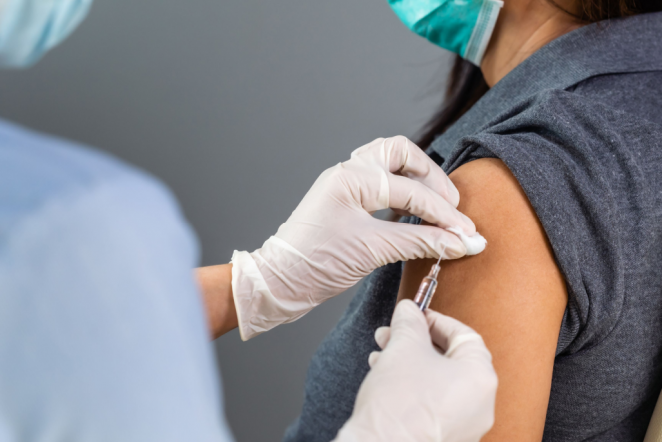Many people don’t love going to the dentist. As much as we’d like to make up a last-minute excuse to avoid having our teeth and gums poked and prodded, it’s important to get regular dental checkups. Oral hygiene isn’t just about the health of your teeth—your oral health is often reflective of the health of your entire body. Many common health concerns have oral health-related symptoms, and some serious afflictions have an effect on your teeth and gums. Take care of your body by taking care of your teeth—and read up on the link between oral health and overall health.
Oral Health and Heart Health
According to the American Academy of Periodontology, people with gum disease face nearly double the risk for heart disease versus those with healthy gums. Endocarditis, an infection of the inner lining of your heart, can also be caused by bacteria from your mouth spreading to your bloodstream and attaching to the damaged areas of your heart. Regular dental checkups can spot gum disease and increased bacteria growth before they become too serious and start to affect your heart health.

Oral Health and Diabetes
Gum disease occurs more frequently and more severely among those with diabetes. Diabetes reduces the body’s ability to fight off infections, which puts your gums at risk. People with gum disease have more difficulty controlling their blood sugar, and research suggests that regular periodontal care can improve diabetes management.
Oral Health and Kidney disease
Chronic bad breath, an unpleasant taste that doesn’t go away and dry mouth are often early signs of kidney disease. When the kidneys stop functioning properly, they release the by-products of incomplete protein breakdowns, which results in bad breath and other oral symptoms. Make sure to tell your dentist if you experience any of these symptoms so they can perform a thorough exam for kidney-related issues.

Oral Health and Oral Cancer
Oral and other cancers don’t always show obvious symptoms right away. Your dentist can perform oral cancer and other head and neck cancer screenings during your regular checkups to catch the disease early while it’s more easily treatable.
Oral Health and Pregnancy
Hormonal changes in pregnant women can increase the risk of gingivitis, so it’s especially important for expectant mothers to brush and floss regularly. Furthermore, some research has linked periodontitis (gum disease) to premature birth and low birth weight.
Even if your mouth and teeth feel fine, it’s important to keep up a schedule of regular dental exams and cleanings. Check with your health insurance plan or employer to see if preventive dental care is included with your benefits. The American Dental Association says there is no one-size-fits-all schedule for dental treatment. It depends on your needs—some people need to visit the dentist once or twice a year; others may need more visits.
Once you make that appointment, talk to your dentist about the link between overall health and oral health—and make sure to bring up any signs or symptoms you’re concerned about. Your dentist is often your first line of defense for health concerns, so try not to think of the dentist’s chair as a place to avoid and instead view the staff there as a team of health allies. And even though stickers or toy prizes are just for the kids, you’ll hopefully walk out with a brand new toothbrush and peace of mind that you’re taking control of your health care by starting with your oral health.


